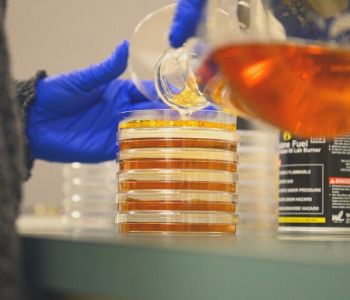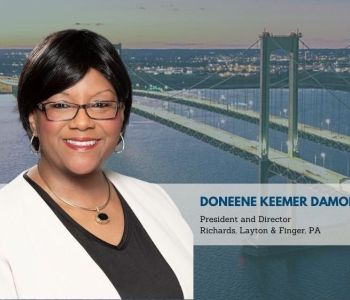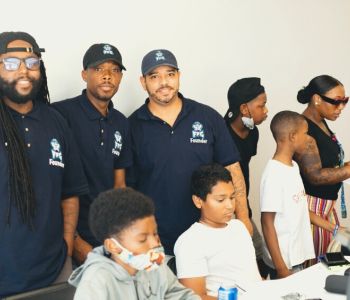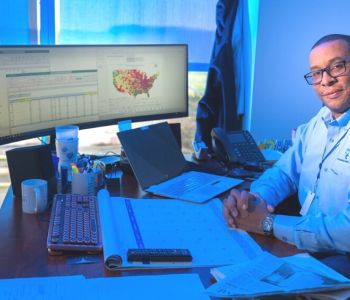Delaware Prosperity Partnership

February 17, 2021
Kurt Foreman Named Top 50 Economic Developers in North America

February 12, 2021
Startup302 Funding Competition Extends Entry Deadline

February 10, 2021
Meet Code Differently CEO Stephanie Eldridge

February 1, 2021
Delaware Launches Ready-to-go Lab Space Pilot Program

January 29, 2021
Specialty Chemical Company Expanding in Bear

January 28, 2021
Two New Wilmington Projects Creating 135 Jobs

January 22, 2021
Board Diversity Helps Impact the Bottom Line

January 20, 2021
Gaming Their Way to Success

January 14, 2021
Predictive Analytics Creates COVID Dashboard

January 12, 2021
DE Relief Grants Application Portal to Reopen on Jan. 19

January 9, 2021
How to Choose Your Company’s Next Spoke City

January 1, 2021
Global Innovation Program Partners with CSC























